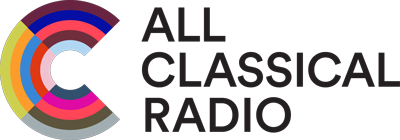Name: Abigail McKee
Organization: Portland Baroque Orchestra
Annual Operating Budget: $1,100,000
Learn more at pbo.org
Abigail McKee’s interview with Suzanne Nance originally aired on May 20, 2020. Listen below.
Read other posts by Kristina Becker
Communications and Operations Manager




